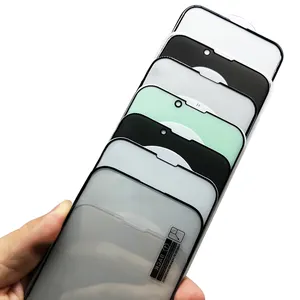
All categories
Featured selections
Trade Assurance
Buyer Central
Help Center
Get the app
Become a supplier
















Có một số loại. bảo vệ màn hình bao gồm những mặt hàng được làm từ thép không gỉ, silicone, thạch anh hồng và cả những mặt hàng có gắn pha lê Swarovski. Có. bảo vệ màn hình rung theo nhịp và nhịp của bài hát yêu thích của bạn .. bảo vệ màn hình có thiết kế không thấm nước và đã được thử nghiệm an toàn cho cơ thể. Không có nhiều thứ để mất khi bạn mua một trong những thứ này từ Alibaba.com và có giá cả, nhãn hiệu và chủng loại phù hợp với mọi người.
Thực tế,. bảo vệ màn hình là một trong những phát minh thông minh hơn của thế kỷ trước. Chúng tăng cường khả năng miễn dịch, giảm căng thẳng và rất thích hợp cho việc đi du lịch .. bảo vệ màn hình đi kèm với các tính năng như sạc nhanh qua USB, thiết kế chống thấm nước và silicone an toàn cho cơ thể .. bảo vệ màn hình dễ vệ sinh, đóng gói kín đáo và có các tính năng như vòng thắt đàn hồi tích hợp và hang động bí mật.